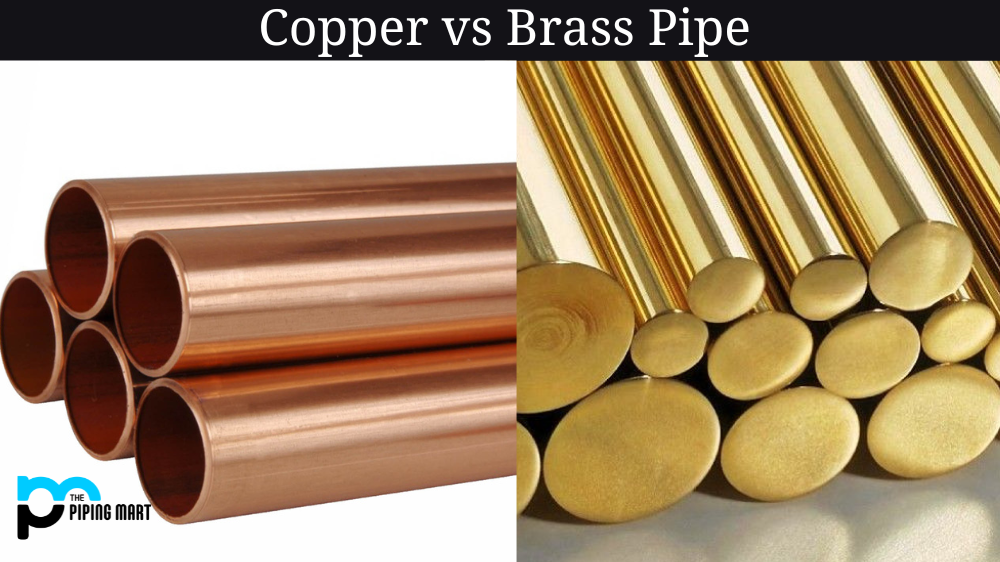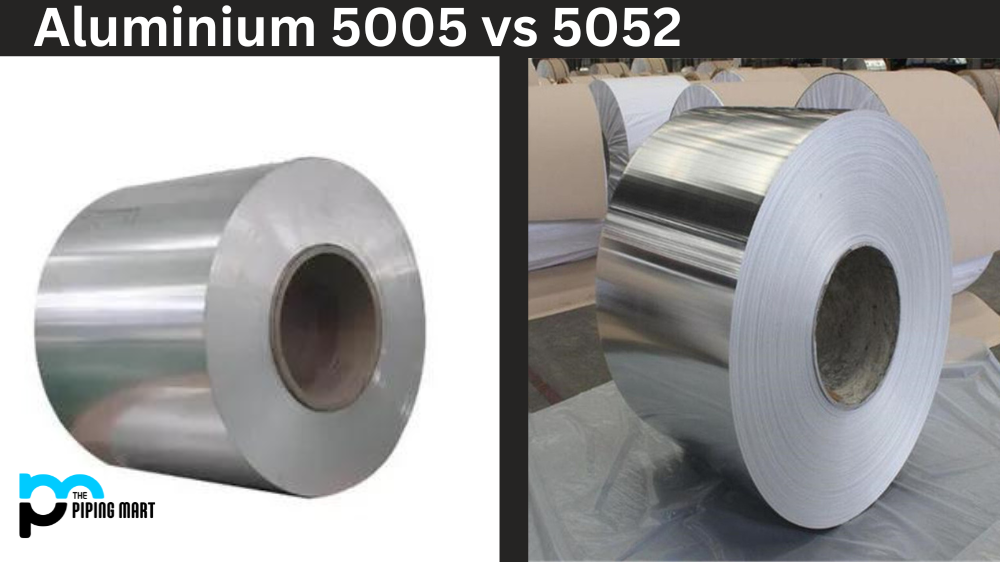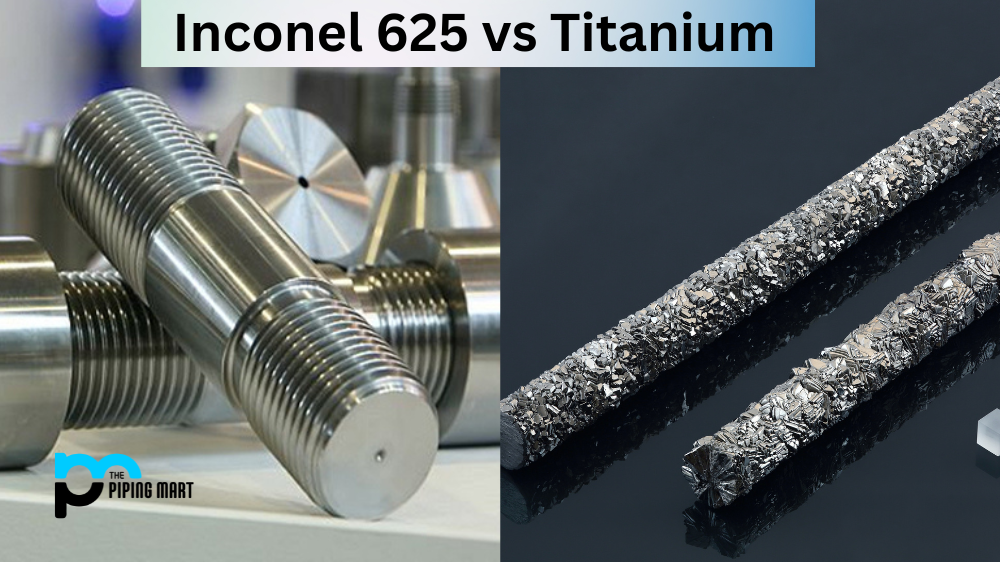Regarding plumbing, two of the most popular materials used are copper and brass pipes. But what’s the difference between them? Is one better than the other? Let’s dive into the details between copper and brass piping so you can decide which is best for your project.
Copper Pipes
Copper pipes are an excellent choice for plumbing because they are reliable and durable. They have a long lifespan (up to 70 years in some cases); unlike other metals, they don’t corrode over time. This makes them an excellent choice for water lines since they will not wear down or cause any contamination. Additionally, copper has natural antimicrobial properties that help to protect against mold growth and bacteria buildup in your pipes. Copper pipes are also relatively easy to install, making them a great option for DIYers installing their plumbing system.
Brass Pipes
Brass pipes are another popular choice when it comes to plumbing materials. Brass is harder than copper and more resistant to corrosion, meaning it can withstand higher temperatures and pressures than copper pipes (this makes brass an excellent choice for hot water systems). Brass is also much easier to work with than copper as it requires less skill to bend or cut – this makes it ideal for those working in tight spaces where precision is needed. Also, brass has better heat conductivity than copper, so brass pipe fittings tend to be cheaper than their copper counterparts.
Difference Between Copper and Brass Pipe
- Copper is a natural element found in the earth, while brass is an alloy made from combining copper and zinc.
- Copper is softer than brass, meaning it is more malleable and can be easily formed into different shapes. Brass is a harder metal and is more resistant to wear and tear.
- Copper pipes are less likely to corrode than brass pipes, making them a better choice for areas with high water acidity.
- Both copper and brass pipes are non-toxic and safe for drinking water applications.
- Copper pipes are more expensive than brass ones, but they will last longer and require less maintenance.
Conclusion:
When deciding which material is best for your project, there are many things you should consider, such as cost, durability, installation difficulty, and heat transfer properties. Both brass and copper offer unique advantages, but each has its own pros and cons – weighing these factors can help you determine which material is best suited for your needs. Ultimately though, no matter which material you choose, both will provide a reliable and efficient way to keep your home or business running smoothly. Intended Audience: DIYers looking for information about pipe materials for their projects

Abhishek is a seasoned blogger and industry expert, sharing his insights and knowledge on various topics. With his research, Abhishek offers valuable insights and tips for professionals and enthusiasts. Follow him for expert advice on the latest trends and developments in the metal industry.




